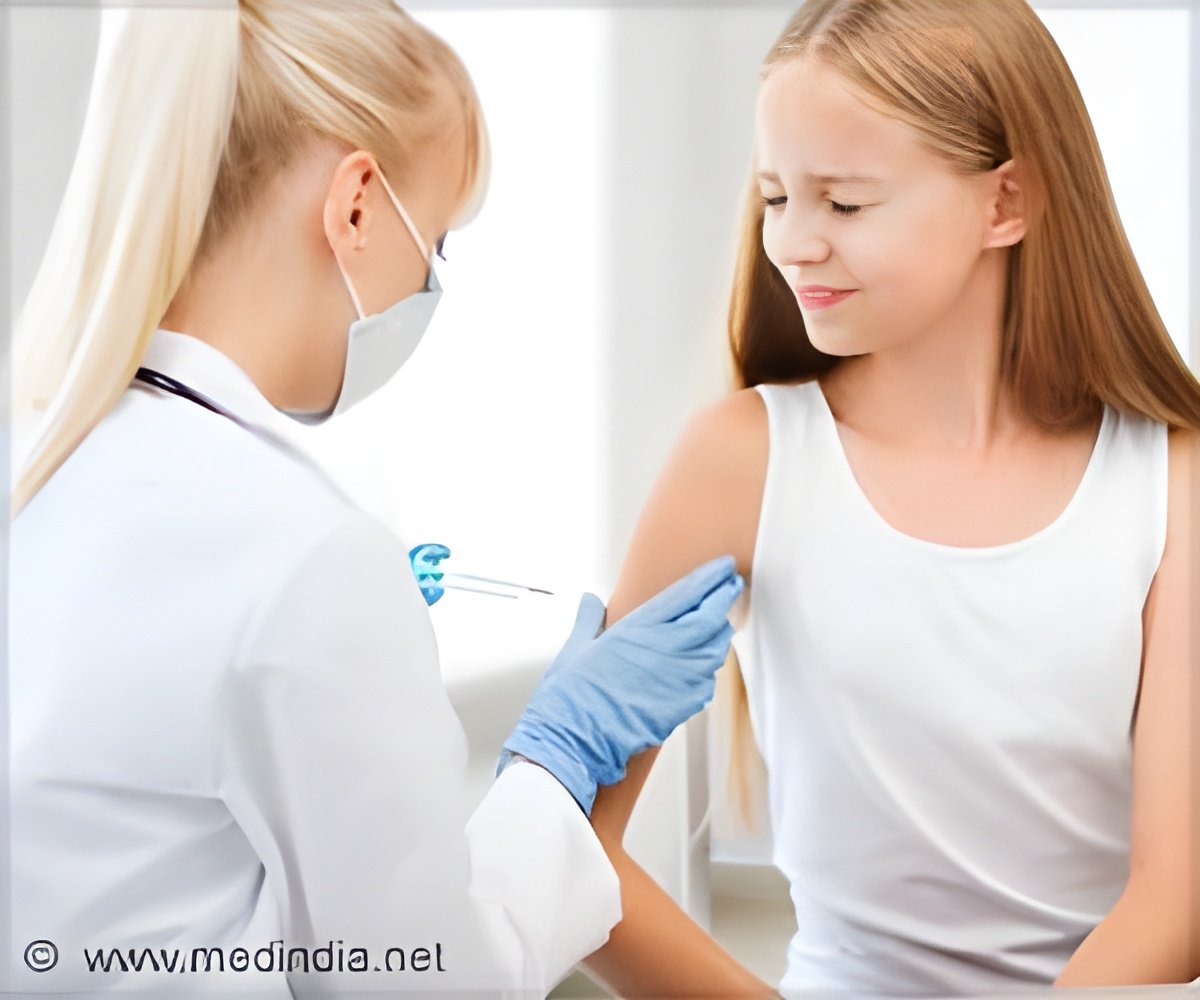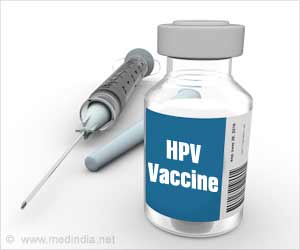Vaccine against HPV also provides protection from chronic respiratory disease in children called respiratory papillomatosis, says study.

‘High HPV vaccination rates in Australia has resulted in the decline of new cases of respiratory papillomatosis in children between 2012 and 2016.’





The condition is thought to occur in children when HPV (specifically, HPV type 6 or 11) is spread from mother to child around the time of birth. In some children, the virus can cause wart-like, non-cancerous growths called papillomas to develop in the respiratory tract, eventually making it difficult to breathe. The condition can be life-threatening, and repeated surgeries are usually required to keep the airway clear. Medical costs related to the disease in children total $123 million annually in the U.S., where approximately 800 children develop the condition each year, according to previously published estimates. In the new study, Australian researchers report the initial results from a nationwide surveillance program created to monitor the disease, building on an existing program that monitors rare pediatric diseases using reports from clinicians. Seven cases of juvenile-onset recurrent respiratory papillomatosis were reported in 2012, the surveillance program's first full year. The number of new cases reported annually declined over the next five years. Clinicians reported just one case in the entire country in 2016. None of the mothers of the children who were diagnosed with the disease from 2012-2016 had been vaccinated against HPV prior to their pregnancy.
Australia's publicly funded HPV immunization program provides the quadrivalent vaccine, which protects against four HPV types (types 6, 11, 16, and 18), through school-based programs. Nationwide, 86 percent of girls and 79 percent of boys 14-15 years of age have received the first dose of the vaccine, according to current estimates. Although rates have improved in the U.S., only 60 percent of teens 13-to-17-years-old had received one or more doses of the HPV vaccine in 2016, the Centers for Disease Control and Prevention (CDC) recently reported. CDC currently recommends two doses of the vaccine for teens younger than 15 and three doses for those who start the vaccine series at ages 15 through 26.
In a related editorial commentary, Basil Donovan, MD, and Denton Callander, PhD, both of the Kirby Institute at the University of New South Wales in Sydney, Australia, and who were not involved in the study, called the downward trend in cases of recurrent respiratory papillomatosis in children encouraging. They also urged high-income countries with excellent HPV immunization rates to fully evaluate similar population-level impacts of their vaccination programs.
"National and individual vaccine hesitancy remains common," they wrote in their accompanying commentary, "and, unless these hesitant countries are persuaded by the ever-expanding benefits of quadrivalent HPV vaccination, millions of dollars in health spending along with countless unnecessary episodes of disease and death will occur in the coming decades."
Advertisement
• Recurrent respiratory papillomatosis is an uncommon but difficult-to-treat respiratory disease caused by certain types of human papillomavirus (HPV).
Advertisement
• In Australia, where HPV vaccination rates are high, new cases of the disease in children declined between 2012 and 2016, suggesting an additional benefit from HPV immunization, which also protects against cancer-causing types of the virus.
Source-Eurekalert














